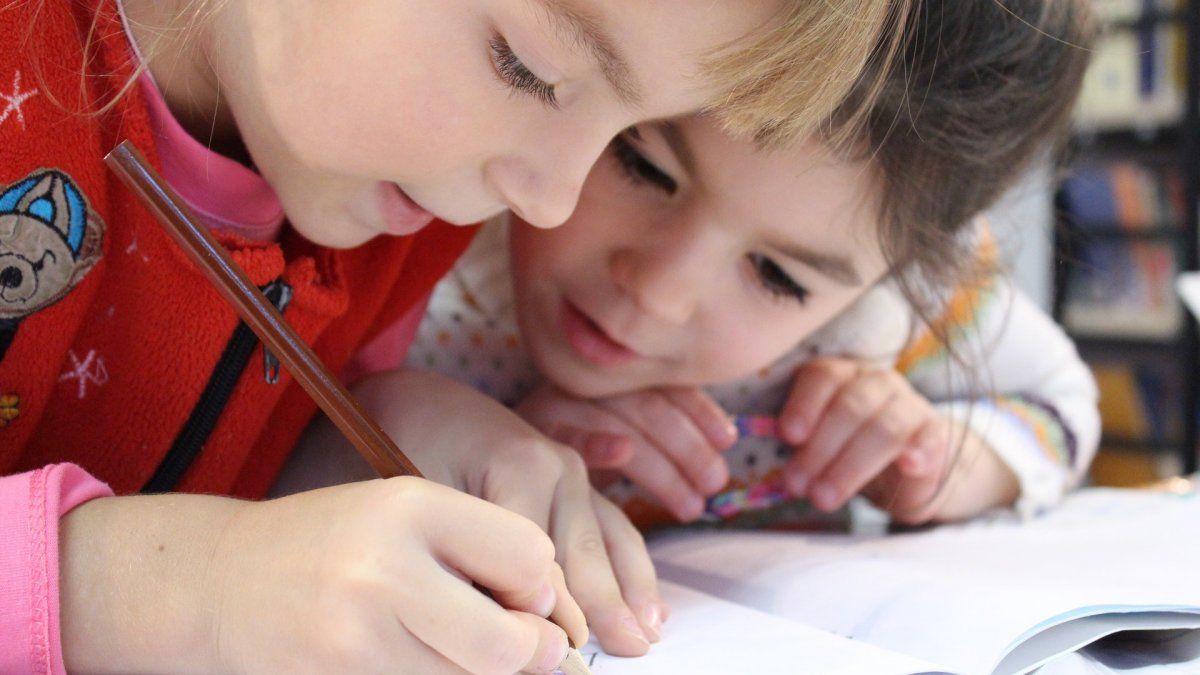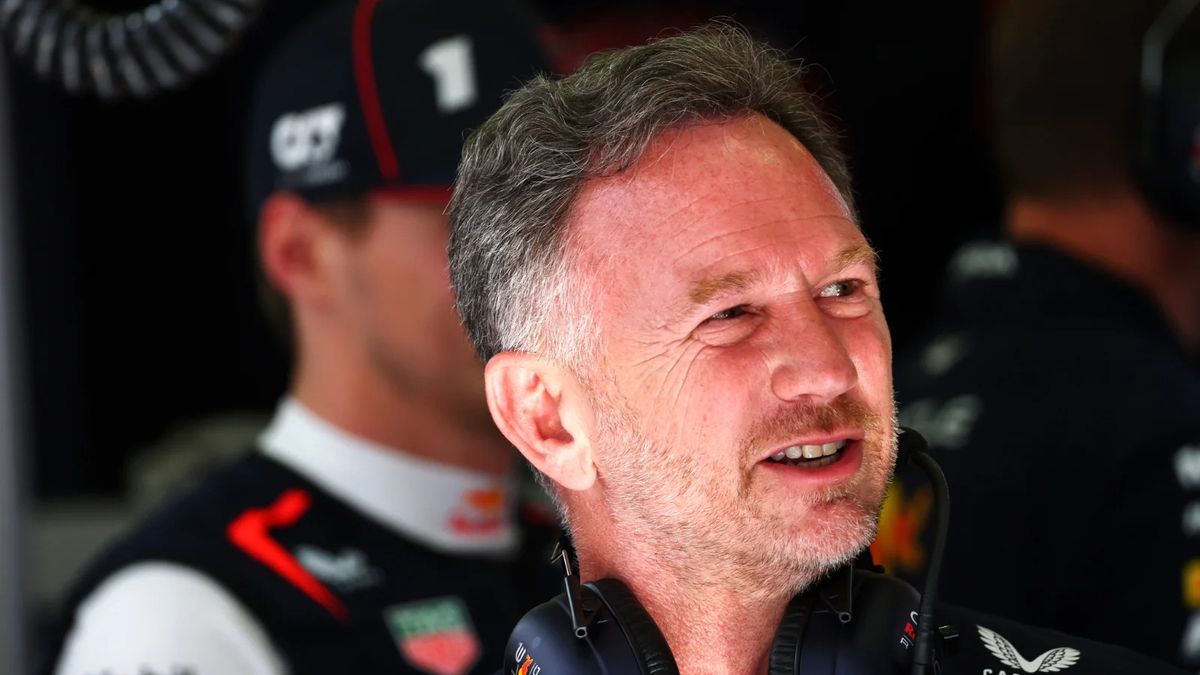The day for Children’s Day should call for reflection to create awareness that all children must have the right to health, education and protection, regardless of where in the world they were born.
Throughout the 20th century, various documents on the Rights of children were approved. They represent a crucial advance in the recognition and improvement of rights that States must comply with. However, there is a huge distance between the consecration of these rights and their effective inclusion in everyday life. It is a path that we have begun but that we must continue to deepen.
Childhood constitutes a very complex object of study where various practices and knowledge that come from very different perspectives intersect and construct discourses with very different biases.
The conception of childhood has been transformed over time through substantial modifications during the last decade. These paradigm shifts are nodal but we do not always stop to think about them. It is not by chance that the statement of the very category of rights of girls, boys and adolescents is like this. We name them in the plural and with a gender mark because plurality and generic construction are two of the most important gestures in the new conceptualization. When we think in the plural, in childhood, we are taking a step to make room for diversity in every sense.
What do we think of when we hear the word childhood? What if we hear it in the plural? Where does childhood begin? Where does it end? And where, adolescence?
It is not about questioning childhood, but about thinking about our place as adults responsible for carrying out upbringing. For that, we need to get uncomfortable, challenge common places and question the most common social representations from which we refer to children.
It is a constant challenge and on permanent alert, which requires attention, listening and commitment because it implies recognizing that girls and boys are protagonists and their voices must be heard.
Starting from this idea of the social construction of children as actors in public life and moving towards the foundation of childhood as a fundamental starting point for life, we need to investigate our place as adults and how we act in each contact with them.
This does not mean resigning our responsibility or transferring it, but rather making an effort to build protective environments for rights and transforming ourselves into adults whom girls and boys can trust. For this, it is important to understand that they are active subjects in the construction of their development and that it is necessary to favor absolute respect for their emotional needs.
Respectful parenting is not a list of rules to follow, it is not a mandate. It has to do with listening to the needs of all the members of that family, validating the desire and recognizing girls and boys as people who must be respected.
This is the essence of respectful parenting that is conceived as a public and social event whose responsibility must be shared. Formulating a law does not mean compliance. A change in representations and beliefs is required. Upbringing and what happens in relation to the treatment or mistreatment of children is not a private and individual fact. It is a public issue that should be a priority on political agendas.
So, let’s take advantage of this day to reflect and think about the idea that childhoods that are happier, more cared for, more respected and looked at with more love are the solid foundation of a better society.
Psychologist and specialist in Parenting of the Argentine Civil Association of Childcare ACADP.
Source: Ambito




